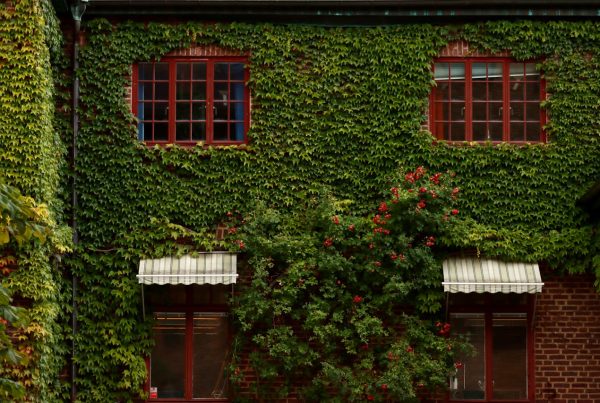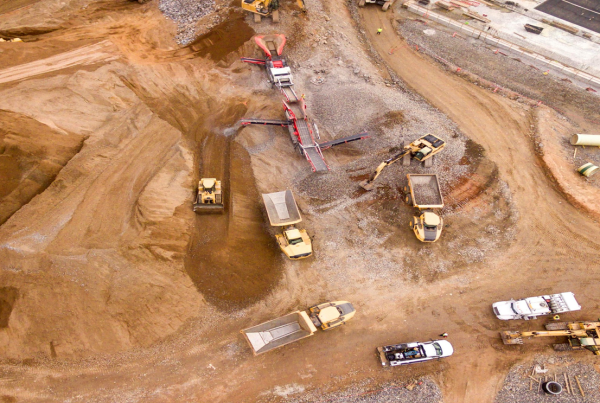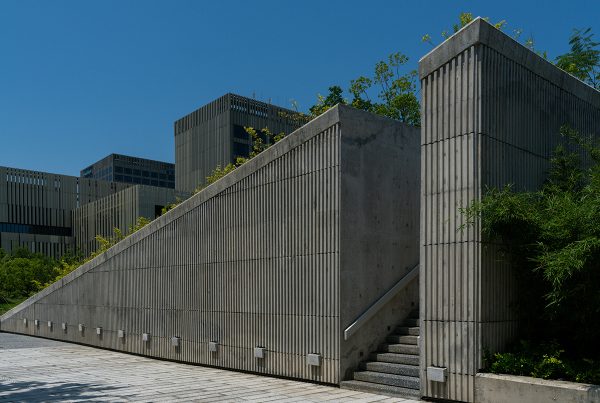One hundred and twelve years since the invention of the air-conditioner—yes, it’s that old—and we’re still coming to terms with its uncool effects.
Back in 1902, Willis Carter only intended to control temperature and humidity inside a printing press to prevent paper from warping. It was a reasonable enough purpose for a new radical invention. Before long, AC crossed over from commercial and industrial use to our very homes, and life was never the same again.
Actually, I can’t be sure; I grew up in a home where it never occurred to us to install an AC unit. Maybe my parents realized the monthly bill would fry us. The only time I experienced air-conditioning is whenever I’d step inside a mall or get on the bus. Back in our house, we had low-tech ways to combat the heat—a dependable electric fan, open windows, high-ceilings, and a lush garden outside.
The Power of Coolness
In many ways, I delight in the fact that our monthly bills have never amounted to more than thirty dollars. There must be some sort of trickery going on, if not some serious Scrooge-like belt-tightening. Yes, there are, but we don’t feel like deprived at all. We still watch our TV, we still use the PC and washing machine and the fridge, but we also know when to turn off the LED lights and the fan, and curb our use.
They say air-conditioning empowered people, freeing us from the burden and limitations of the weather. Air-conditioning has given us power not just to control indoor temperatures regardless of the weather and climate, and the time of day. Essentially, we’ve rendered the weather irrelevant, as Kiger and Smith writes in a wonderful compilation of American inventions called Poplorica.
But nothing could be more empowering than ensuring you’ve done your bit in reducing energy use. Just because we can pay for it doesn’t mean we can squander it just like that. For all its wondrous life-saving benefits, air-conditioning comes with a cost. One that greatly impacts the environment.
That has always been the paradox of air-conditioning—the energy needed to run those hundreds of thousands of AC all over the world come from coal-fired plants which emit greenhouse gases such as CO2, which trap heat in the atmosphere and warm the earth even more, compelling us to depend more on our air-conditioners. It’s both a vicious cycle and a losing battle.
Cooling Up
Today, AC’s are much more energy-efficient than their earlier counterparts. They’re also generally much less destructive to the environment now, ever since the ozone-depleting chlorofluorocarbons (or CFCs, the cooling used in air-conditioners and refrigerators) were banned through the Montreal Protocol in 1987 and the Kyoto Protocol in 1997.
The problem now is one of quantity. Even if we’ve significantly improved the efficiency of our ACs, we’ve also become more and more reliant on them. We’ve air-conditioned every square inch of space we stay in and inhabit–homes, offices, malls, supermarkets, schools, museums, even indoor water parks—effectively dodging the heat outside as we transfer from one building to another.
As Poplorica notes, air-conditioning has become such a way of life that now “we’ve made sweating into a form of luxury.” We seek out the sweat-inducing warmth of spas, even if the warm Great outdoors could have easily done that for us.
Even in Third World countries where air-conditioners used to be a luxury only the rich can afford, AC units have become affordable—they’re on sale during off-summer months, or at the end of the year clearance sales. It’s possible some of those AC units may not have yet caught up with energy star ratings.
And all those new buildings being constructed or still being planned will depend on HVAC systems, which will of course require energy to run. And of course the great disparity of it all is that while the rich wall themselves up in elegantly insulated, climate-controlled structures, the defenseless poor end up coping with the sweltering heat which those ACs were partly responsible for in the first place.
How so?
Not-So-Cool
In a recent news, scientists in Arizona are uncovering the ill effects of air-conditioning on outside air temperatures. As ACs cool buildings, they discharge heat from inside and out into the city air. Nighttime temperatures in Arizona have increased by more than 1°C, despite the fact that the desert air should be cooling down at nighttime. Worse, all those buildings act as a heat trap.
Phoenix, Arizona stands as a classic example of a city which owes its existence to the technology of air conditioning. Located in the formidable Sonoran desert, Phoenix experienced an industrial and population boom in the 1950s as AC’s became mainstream. AC gave the city inhabitants the power to defy the hot desert climate.
Will Debuys writing for Salon.com has even predicted that Phoenix, given its heavy dependence on air-conditioning might not survive if the power grids fail. Or more bluntly, the city will not survive in the face of climate change.
This might seem an unfair verdict—after all Phoenix isn’t the only city in the world combating extreme temperatures. But there’s something inherently unsustainable about Phoenix’s willfulness to situate itself in the middle of a formidable desert, tapping resources such as water and energy to keep its 1.5 million population happy.
Debuys goes on:
“[the 2008] recession might have been the last best chance for Phoenix and other go-go Sunbelt cities to reassess their lamentably unsustainable habits and re-organize themselves, politically and economically, to get ready for life on the front burner of climate change. Land use, transportation, water policies, building codes, growth management — you name it — might all have experienced a healthy overhaul. [But] it was a chance no one took.”
Cooling Down
We seem to have forgotten the old ways before air-conditioning existed. There are alternatives. Electric fans for instance. Trees as heat buffers. Turning off the AC when not in use, or simply turning it down two notches.
Certain parts of the world do fine without air-conditioning, furiously fanning themselves instead just as their ancestors have done.
As for our buildings, we need better building envelopes, a conscious effort to maximize indoor air flow, high ceilings, operable windows—some buildings don’t even have operable windows. Or better yet let those lovely Passive Houses inspire us.
Air-conditioning might have made the weather irrelevant, but only within the four walls of our rooms. Outdoors and elsewhere, its consequences have become unavoidable, urgent, and disastrous. We would be mistaken to think that we’ve successfully controlled climate when in fact we are always at the mercy of nature.
In the end, it’s not just Phoenix and its countless humming ACs that are at fault here. This is everyone’s concern, whether you live in a colder climate where heating is of more concern than AC. As William Salatan in Slate so nicely put it, “Maybe the air conditioning system we need to fix is the one outdoors.” (Boldface ours.)
Simply shrugging all this off is uncool.












